
Wireless charging has been around for a good few years and has gained more and more popularity. Along with Apple's getting in on the scene this year: with its flagship iPhone X coming with wireless charging capabilities, it's fair to say this capability has taken off. But have you ever wondered what makes wireless charging so popular? Will it take over from the more traditional wired method?
Why wireless charging will take over from wired charging
Simply put, wireless charging means that you can drop your handset device onto the charging dock, and it charges without having to plug anything into your phone, which is significantly easier than traditional wired charging.
What advantages does wireless charging have?
A) You don't need to fiddle with cables compared with wired charging

First, let's look at what people have to say about "Wireless charging benefits."
Just imagine the situation: no need to plug & unplug a cable every time you need to charge your phone. Drop your phone on the charging pad, and it starts charging without doing anything else. Everything looks elegant and neat; you don't need to worry about where you left your cable, or charger for that matter.
Having said that, not all the wires have gone. You still need a wire for your charging base to be connected with the power supply.
B) It reduces the wear and tear on your device.
As I mentioned earlier, wireless charging doesn't need cables. There's no need for a USB port anymore, so no more strain on the cable, the charging plug, and the phone's charging port.
Furthermore, completely waterproof and dustproof phones are made possible.
C) It enables multiple smartphones to charge simultaneously instead of taking all kinds of cables with you.
For those who own several different phones, for example, an iPhone and an Android smartphone, they have to carry different cables and chargers when they travel.
However, if all of these smartphones are wireless charging enabled, a wireless charging pad becomes the "one size fits all" solution. Generally, wireless charging cell phones and chargers from different manufacturers comply with the Qi wireless charging standard, so one wireless charger can charge all Qi-enabled phones.
D) It provides a safer way to transfer power to your phone, which avoids putting your safety and data at risk.
Unlike plugging in a device, wireless charging transmits power without actually touching any exposed electrical connectors. In other words, it reduces the chance of connection failure and electric shocks. Many injuries and even death have been linked to improper use of cables or cellphones while charging. Sounds scary, right? But it happens. Wireless charging can be safer because as soon as you pick it up, charging stops.
There is also a lesser-known risk associated with "plugging into public USB chargers". These free USB public charging hubs may collect data while you are not aware of it, which is another reason why wireless charging is better.
E) Lastly, wireless charging looks so much neat.

A couple of wires is enough to make your table look messy. And not to mention the risks of tripping over cables.
Why wireless charging is not everywhere yet
A) Wireless charging is slower and less efficient than wired charging.
AnandTech found that a Samsung Galaxy S6 can charge from zero percent to 100 percent battery power in 1.48 hours if you plug it in and charge over a wired connection. Whereas wireless charging takes 3.01 hours, twice as long as the wired charging solution.
They also found that as wireless charging takes more time to top up your phone, it will take more power to completely charge your phone too.
B) Wireless charging usually makes your phone overheat which can harm your battery.
There are many discussions around whether or not " wireless charger heat harms your battery" amongst those who have started charging their phones wirelessly. According to How-To-Geek, wireless charging usually generates a bit of waste heat and can even make the phone battery overheat compared to conventional cable charging. Some of that wasted power transform to heat, and the extra heat will cause more wear and tear on the battery, speeding up the aging of your battery every time your phone battery gets exposed to high temperatures.
Why can't these lithium-ion batteries stand the heat? Have a look at this article on "battery thermal modeling and testing" from U.S. Department of Energy's Office of Energy Efficiency and Renewable Energy (EERE).

Image credited by EERE
The picture above shows that battery life is significantly affected by geographic location (different temperatures) and thermal management. According to the Pike Research's discovery, lithium-ion batteries perform optimally and last longer if they are kept between -10°C and +30°C.
But we seldom hear about phones having similar problems when charged with a wired charger.
c) A wireless charger is slightly expensive than common cables
Check the price for cables and wireless chargers on Amazon, and you will find that most of the cables are less than $10 while usually, a wireless charger costs $20 more or less. That's quite a big difference.
The Bottom Line
Comparing wireless charging and wired charging is challenging as there are advantages and disadvantages to both.
If you opt for wireless charging, here's one recommendation: a magnetic phone case and magnetic car mount by PITAKA.
When you go somewhere, just take MagEZ Mount Qi, a magnetic car mount, which allows you to charge your phone wirelessly. Use it with the PITAKA MagEZ Case, which has metal plates inside to attach your phone on the MagEZ Mount Qi reliably. With these two gadgets, you can be free to charge your phone hands-free while driving.

Secondly, you don't need a USB cable to charge your phone because you have MagEZ Mount Qi for wireless charging. And you get a spare USB charging port for other functions.
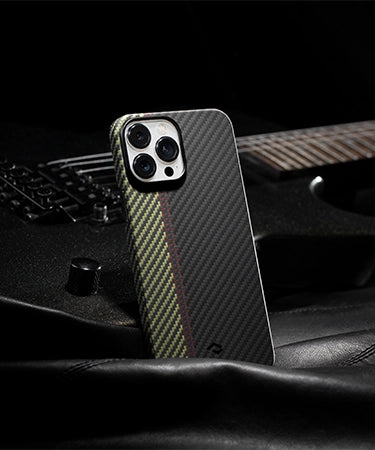
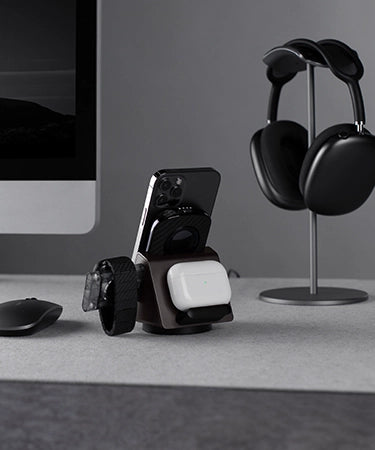
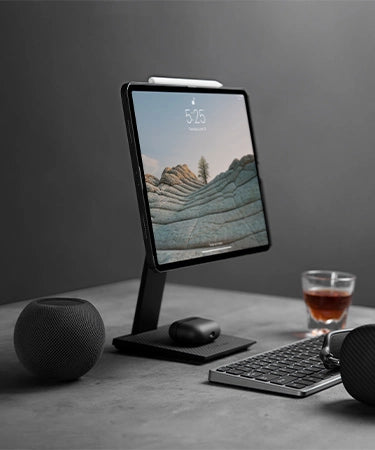
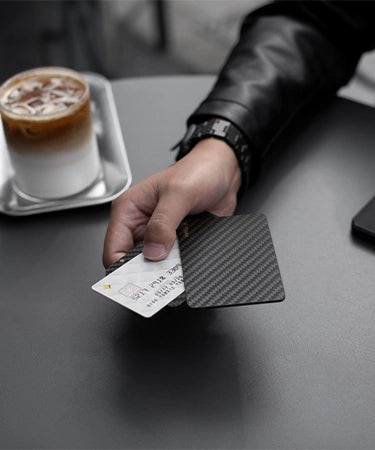
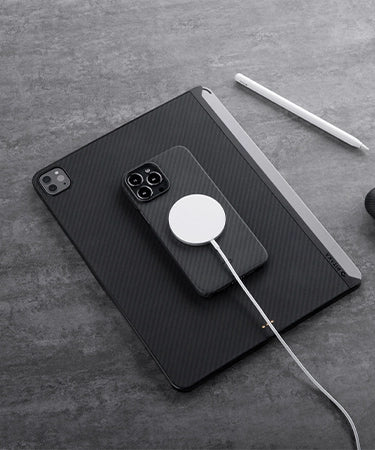
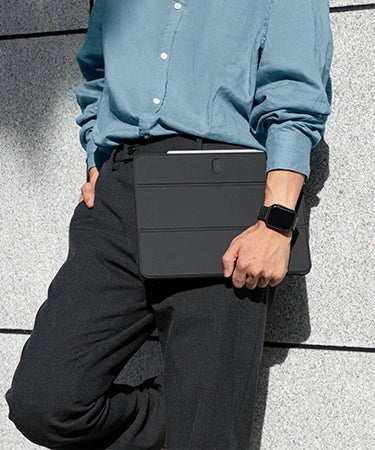
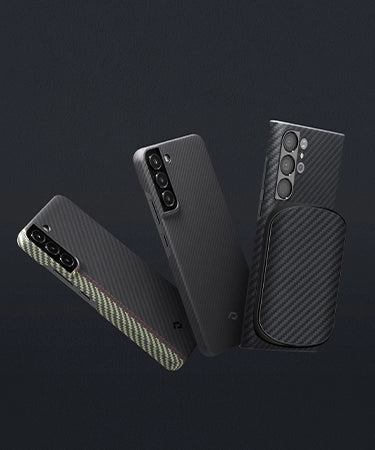
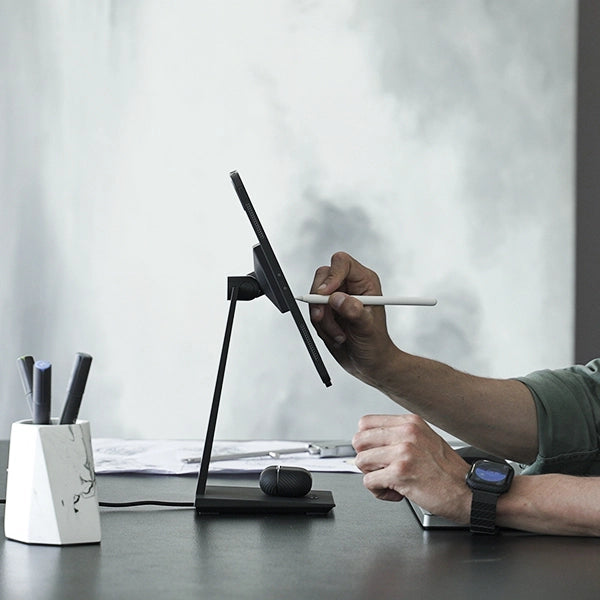
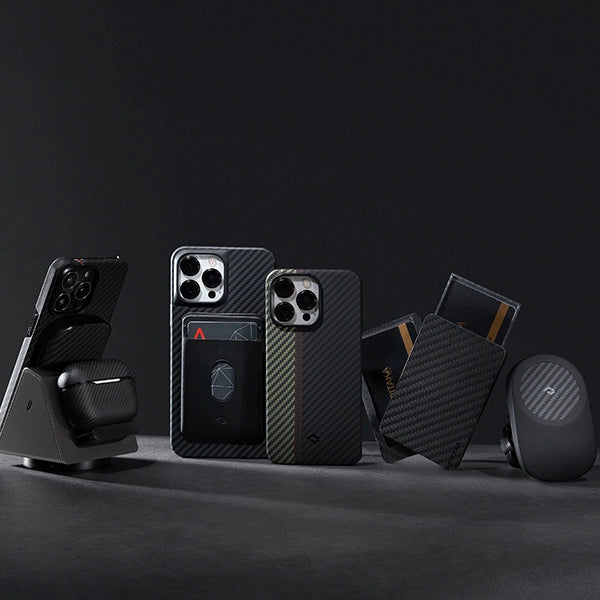
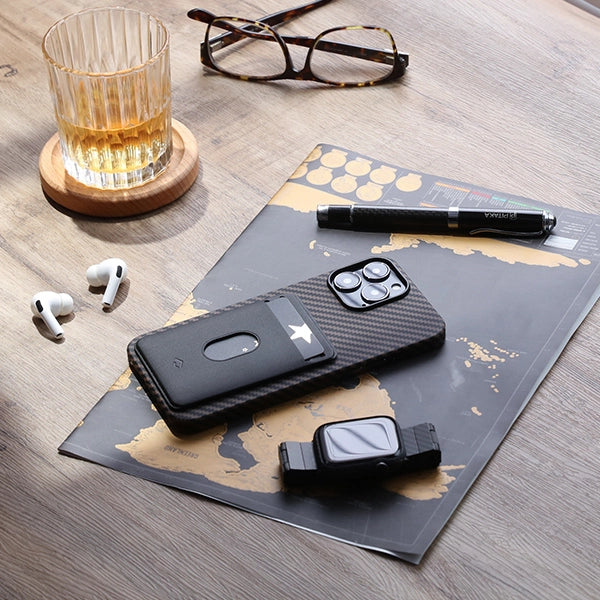


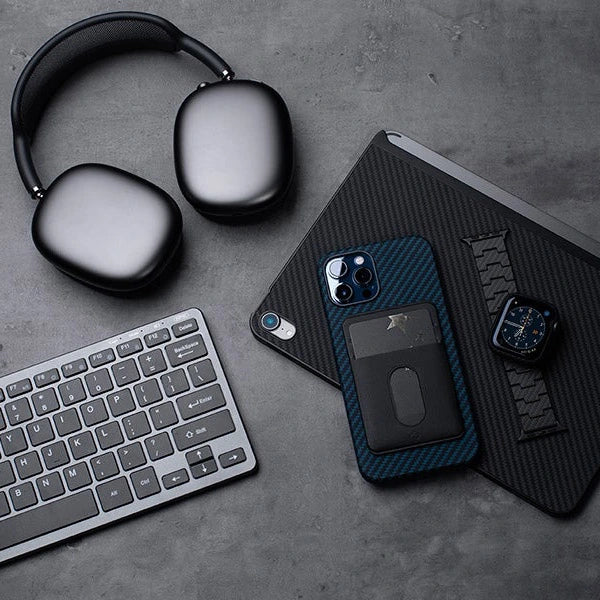
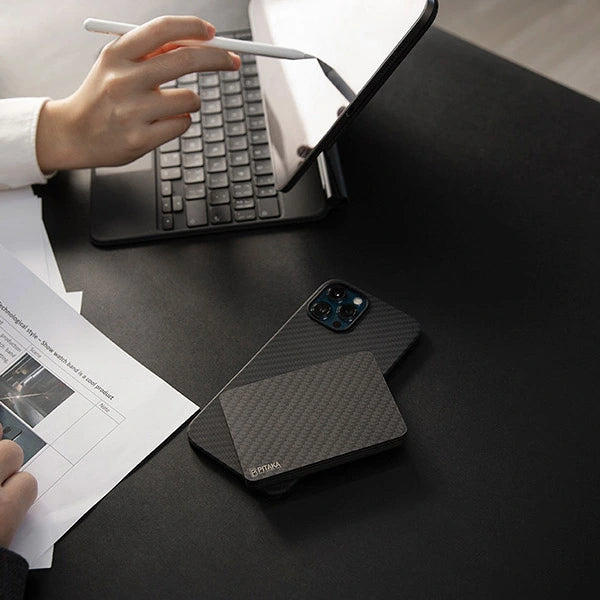
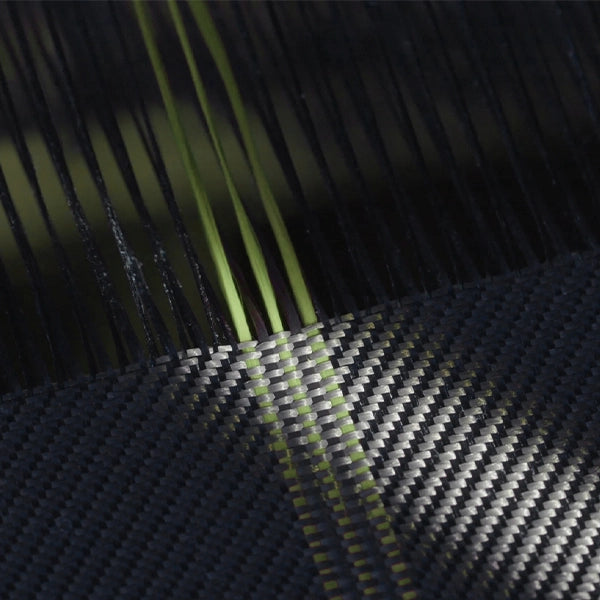

how wireless technologies have been implemented?is that diferenent ways from the wired technologies?
I was told by the Verizon “sales crew” when I purchased the latest version of the Google Pixel XL that there is “no way” the phone can be “overcharged” from the wireless charger (i.e. Mophie). They we’re obviously less than truthful!! 😕
I’m against wireless charging because of its inefficiency. It require almost twice as much electrical energy to charge your devise wirelessly as it does to charge it wired. With as many hundreds of millions devices as we charge daily, this adds up to a huge amount of wasted electrical energy generation.
Hi pitaka thanks coz now i will go for wired one since it got alot of advantages.i was completely in a dilemma.thanks again!!
Wireless charging is a gimmick. The only benefit I can see is not causing wear to the charging port although it damages the battery instead. The charging pad is slower to charge, much bulkier to carry around than a conventional charger and less efficient so uses more energy. The comments about conventional chargers being potentially dangerous is not really valid and applies equally to a wireless charger because the output is only about 5v (safe) and a charging pad will also need a power supply which is basically the same as a conventional charger so just as [not] dangerous. Generating power by electromagnetic induction has been around for well over 100 years and is the same physics principle used to receive old fashioned radio waves on your grandma’s radio. I can’t see it taking over from a charging cable unless it becomes faster and more practical to use without damaging the phone in the process which won’t happen any time soon.